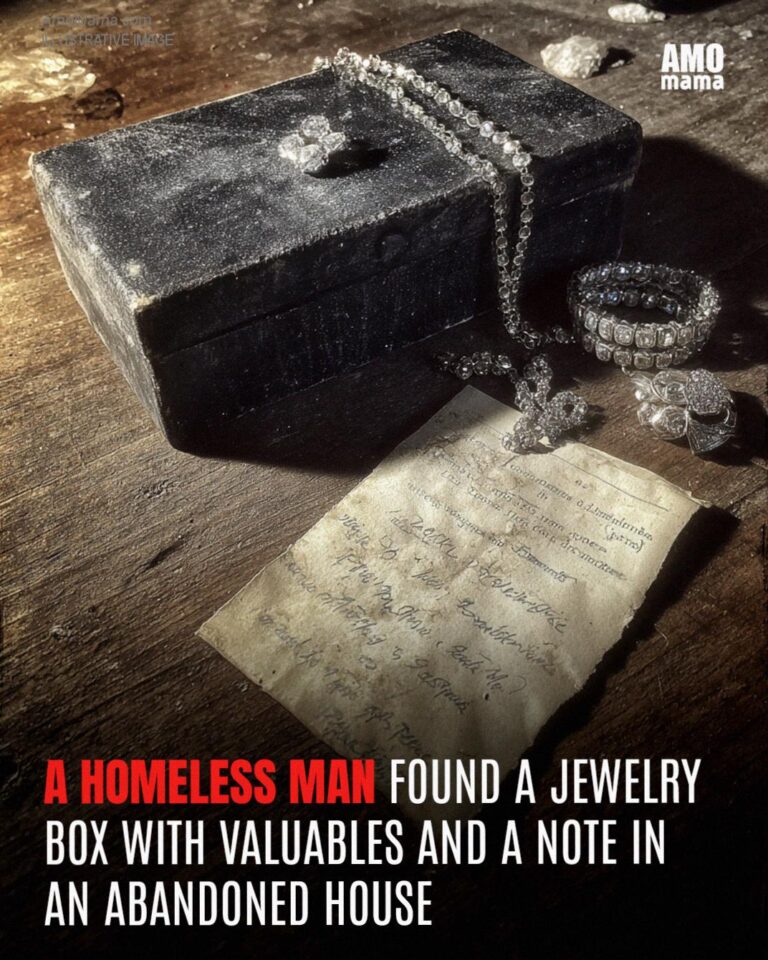
My wife, Carol, and I had spent our entire lives working toward a simple dream — to retire early and live peacefully. We had saved diligently, invested wisely, and even managed to pay for both our kids’ college tuition so they could start adulthood without financial burdens. We weren’t rich, but we were secure — finally ready to enjoy the fruits of decades of hard work.
Then came the phone call that shattered that peace. My son, Ryan, 32, called one evening, his voice casual but shaky. “Dad, I’ve got a bit of a situation,” he started. My stomach tightened immediately — that phrase never meant anything good. He explained he’d accumulated nearly $60,000 in credit card debt, mostly from “a business idea gone wrong.” He wanted us to bail him out.I listened quietly, then asked him if he’d learned anything from this. He dodged the question, insisting it was “just a temporary setback.” That’s when I told him the hardest truth: “Ryan, your mother and I can’t keep rescuing you. You’re married, you have a job. It’s time to take responsibility.”
There was silence on the other end, followed by a scoff. Then he said it — cold and sharp: “You’ll regret this, Dad.” He hung up.I told Carol what happened. She was upset but agreed we’d made the right call. We’d given Ryan every opportunity. We couldn’t keep enabling him. But I couldn’t shake the look in his eyes the last time I saw him — like he was daring me to test him.
The next morning, my phone rang at 6:00 a.m. It was my daughter-in-law, Emma, sobbing hysterically. “Please, come quickly,” she cried. “Ryan… he’s gone.” My heart stopped. For a second, I thought she meant he’d hurt himself. But as she explained through gasps, I realized the truth was even more devastating.
Ryan had packed his things, emptied their joint account, and disappeared, leaving Emma and their two-year-old daughter with nothing but bills. He’d even sold their car. My son — the boy I’d carried on my shoulders, the one I thought I’d taught right from wrong — had vanished to escape his debts.
When we reached Emma’s house, she was holding my granddaughter, shaking. “He said he was going to fix things,” she whispered. “Now he’s just gone.” I felt fury, shame, and guilt collide inside me. Was this what he meant by “You’ll regret this”?
Weeks passed before we heard anything. Then, a letter arrived — from a foreign postmark. Ryan wrote that he needed to “start fresh” overseas, that “one day” we’d understand. He said he’d send money back when he could. I never showed the letter to Emma. She’d already suffered enough.
Carol and I took Emma and our granddaughter in. It wasn’t the retirement we’d envisioned — no beaches, no road trips, no lazy mornings. Instead, we were back to early alarms, bottles, and bedtime stories. But somehow, it felt… right.
I often look at that letter and think of Ryan’s final words to me. “You’ll regret this.” And he was right — but not in the way he thought. I don’t regret saying no. I regret that somewhere along the way, I failed to teach him that money can be rebuilt — character can’t.
If I ever see him again, I won’t lecture him. I’ll just ask one thing: “Son, was it worth it?”




